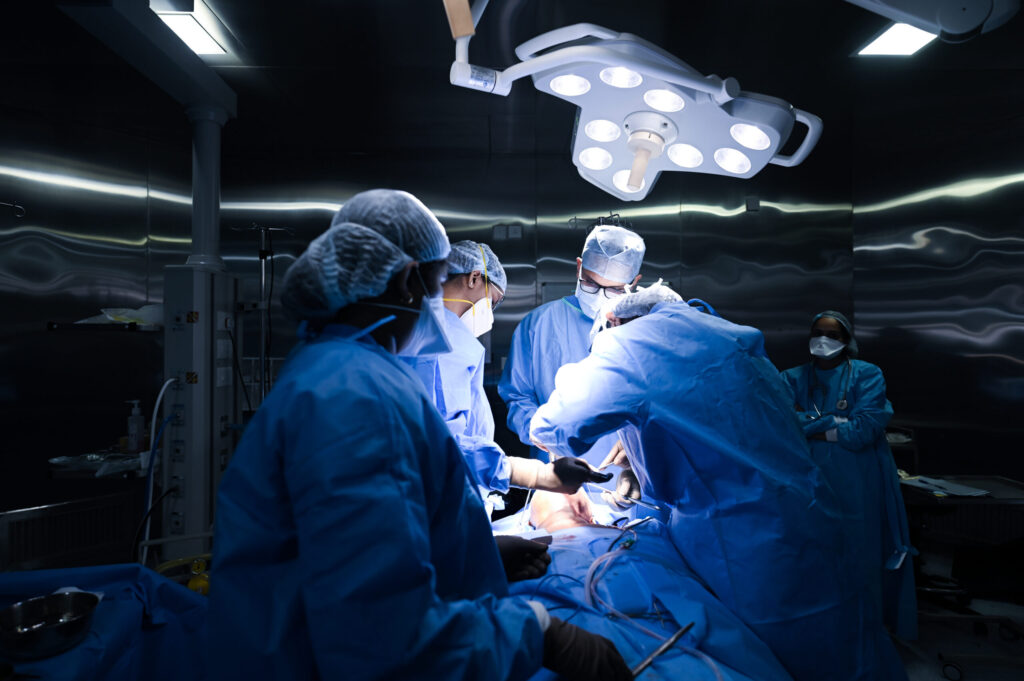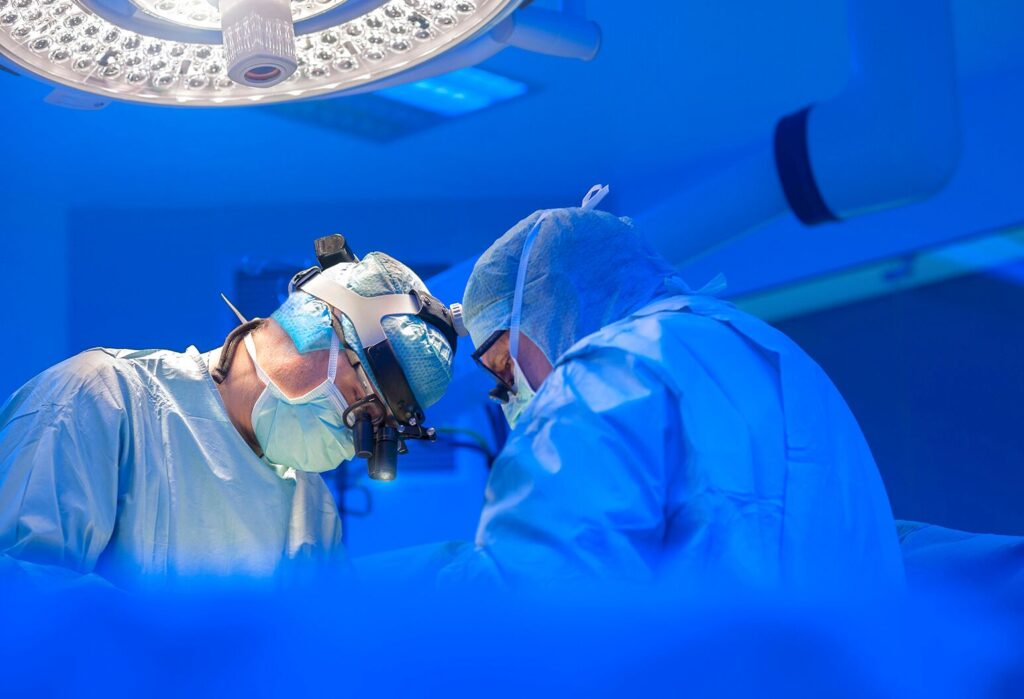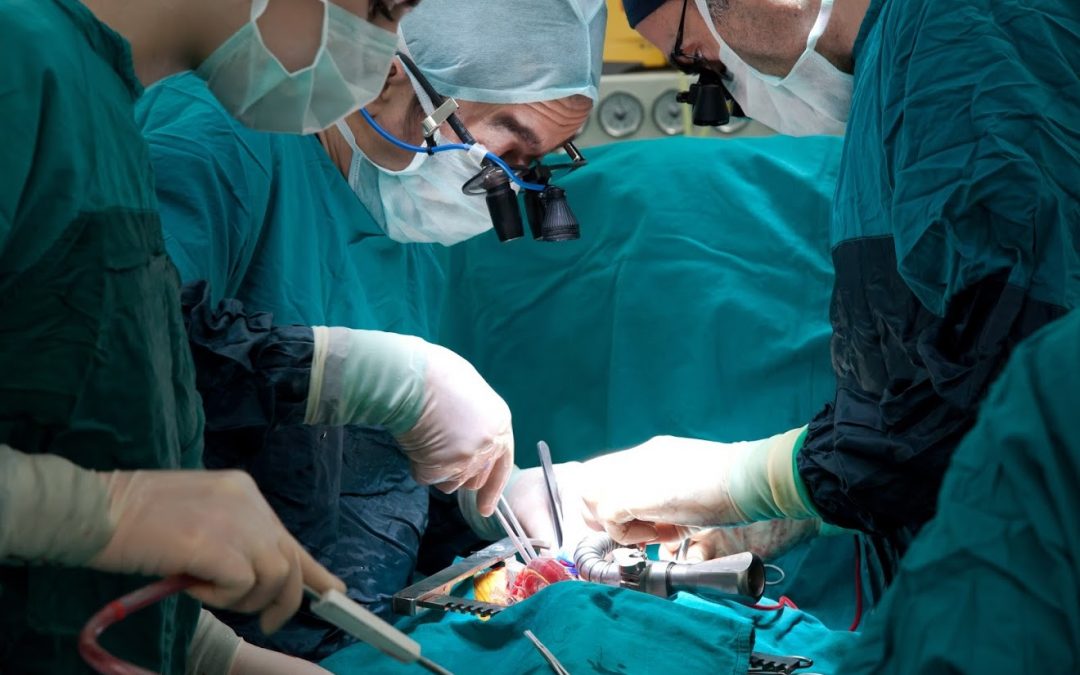Surgical oncology is a field of medicine that uses surgery to treat cancer. Its main goal is to find harmful tumors in your body and remove them. Doctors who practice surgical oncology can also see if you have cancer or find out if the disease has spread to other parts of your body.
What Do Surgical Oncologists Do?
Oncologists are doctors who help to prevent and to treat cancer. They work with your primary care doctor to come up with a treatment plan for you. Surgical oncologists use surgery to improve your condition. Their main job is to remove tumors and nearby tissue that has cancer cells in it. They also do procedures called biopsies that tell if you have cancer and how severe it is.
When Do You Need Surgical Oncology?
Surgical oncology can help people during the early stages of cancer or when the condition is more advanced. Some common reasons you might need this type of intervention are:
To prevent cancer. If you have a high risk of getting the disease in a certain part of your body, a surgical oncologist can do an operation to prevent it. They remove tissue in the area that’s precancerous or likely to become cancer. For example, some women who have a very strong family history of breast or ovarian cancer and mutations in genes that are linked with the disease may work with a surgical oncologist to remove their breasts before cancer appears.


To see if you have cancer. When your doctor sees a growth or other signs of a tumor, a surgical oncologist can remove all or part of the tissue. Then, a scientist can study it under a microscope to see if it has cancer cells. This procedure is called a biopsy.
To see how severe it is. Oncologists use surgery to understand how advanced someone’s condition is. They look at the size of a tumor and see if it has spread to other parts of your body, like lymph nodes or other organs.
To treat cancer. Surgical oncologists remove tumors to help rid your body of cancer cells. There are a few different types of surgeries:
- Curative. This procedure happens when you have a tumor in just one place and a surgical oncologist can remove all of it. You might need chemotherapy or radiation therapy before or after.
- Debulking. Oncologists use this surgery when it’s too dangerous to remove the whole tumor. They remove as much of it as they can and treat the rest with chemotherapy or radiation therapy.
- Supportive. Your doctor might schedule this type of procedure to help other cancer treatments work well.
To ease symptoms. Even if doctors can’t get rid of your cancer with an operation, they might suggest it as a way to help you feel better. This is called palliative surgery. It can help relieve symptoms of advanced cancer. For example, if a tumor is pressing on a nerve or bone and causing pain, a surgical oncologist can do palliative surgery to bring relief.
Changing the look of your body after surgery. Once you’ve had surgery to remove tumors, your body might look and feel different. Surgical oncologists can do reconstructive surgery to restore the look and function of areas affected by cancer.
What Types of Cancer Do Surgical Oncologists Treat?
Surgery isn’t right for every kind of cancer, but it is an effective treatment choice for many types. Your doctor might recommend surgical oncology if you have cancer cells in your:
- Breast
- Esophagus
- Throat
- Thyroid
- Skin
- Lung
- Gallbladder
- Kidney
- Liver
- Pancreas
- Spine
- Uterus
- Bones
- Colon

